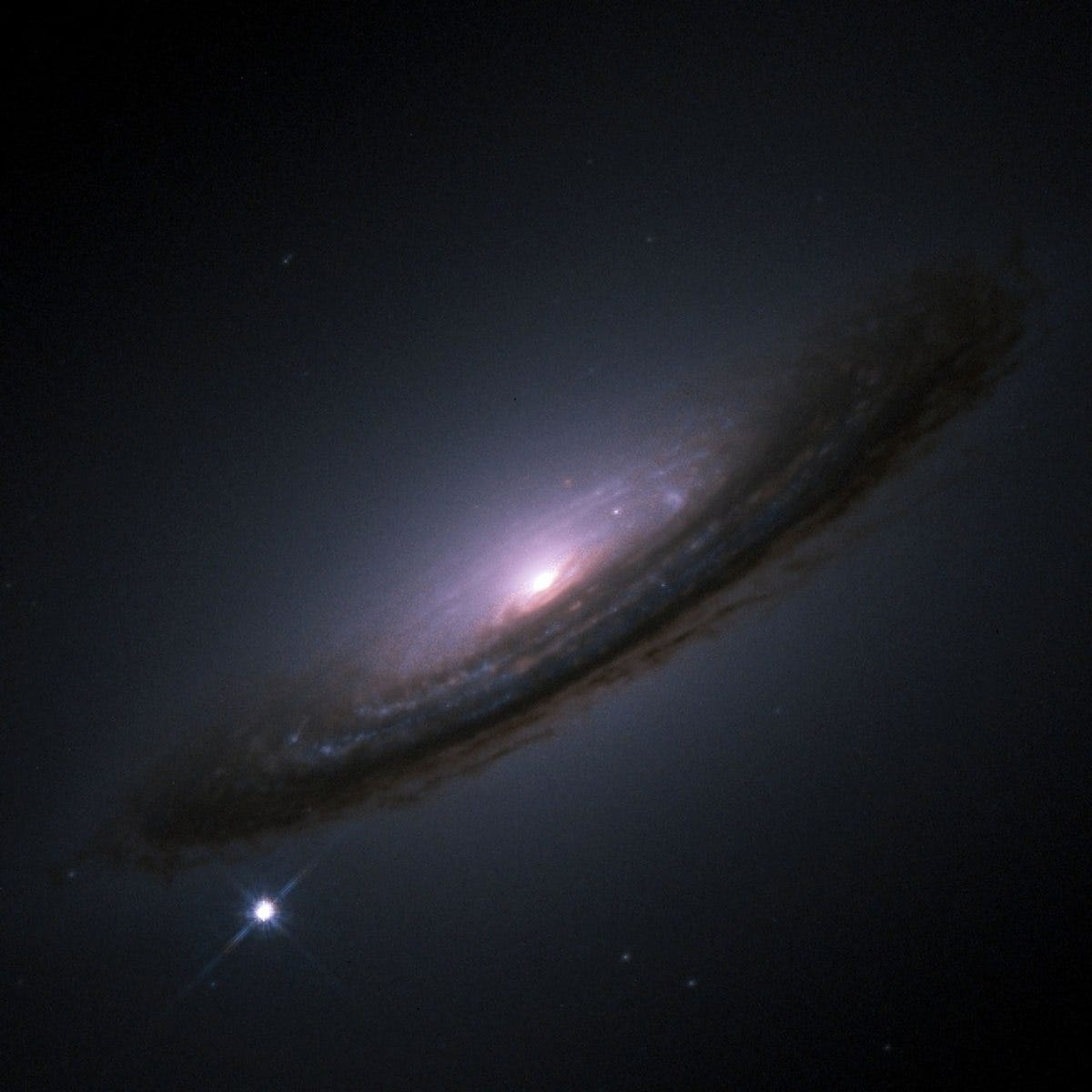Does the Hubble Constant Change over Time? - The Cosmic Companion May 23, 2021
One of the central questions in modern cosmology may have a fascinating answer...
Could the Hubble Constant change over time? And, might that explain one of the greatest problems in cosmology?
In 1929, knowledge of galaxies beyond the Milky Way was a new discovery. Ideas of families of stars beyond our own had only been confirmed five years previously. That year, astronomer Edwin Hubble noticed something unusual while examining these distant stellar clouds. Not only were nearly all them racing away from us, but the more distant ones were doing so at a faster rate than those closer to us.
The 40-year-old astronomer found a relationship between the distance of a galaxy and the velocity at which it is receding from us. (There is nothing special about our place in the Universe — the same effect would be seen from any point in an expanding Universe).
This equation calls for a constant to relate velocity and distance. Finding the correct value for this Hubble constant is one of the central goals of modern cosmology. This constant is usually defined in units of kilometers per second per megaparsec (km/s/Mpc) — the velocity at which it is receding per megaparsec (3.26 million light years) that a galaxy appears from us.
Read more: https://medium.com/the-cosmic-companion/does-the-hubble-constant-change-over-time-267d4b3823d6
Upcoming guests on Astronomy News with The Cosmic Companion
JUST ADDED! June 6 (s4/e23): Dr. Bruce Betts, Chief Scientist and LightSail Program Manager for The Planetary Society - interview airing June 6!
May 25 (s4/e21): The Interstellar Probe – exploring space between the stars with Dr. Elena Provornikova from Johns Hopkins University Applied Physics Laboratory
June 1 (s4/e22): Using computer modeling to peer inside the atmosphere of Saturn with Dr. Sabine Stanley of Johns Hopkins University.
Remember - VIP members see every episode of this show a day early! Plans start at just $5 a month - subscribe today!
For more details on space and astronomy news, please visit: thecosmiccompanion.net or thecosmiccompanion.com.
Thanks for reading, donating, and sharing!
- James




